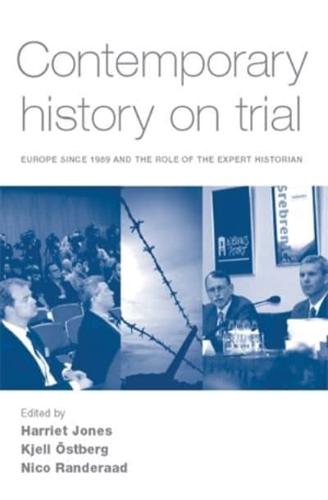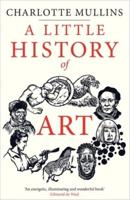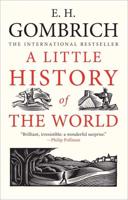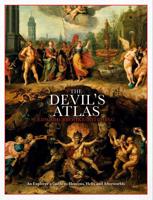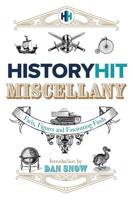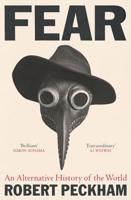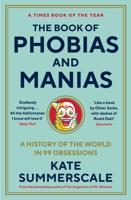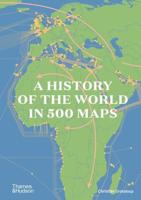Publisher's Synopsis
Is it right for historians to serve as 'expert witnesses' to past events? Since the end of the Cold War, a series of heated and politicised debates across Europe have questioned the 'truth' about painful episodes in the twentieth century. From the Holocaust to Srebrenica, inquiries and fact-finding commissions have become a common device employed by governments to deal with the pressure of public opinion. State-sponsored programmes of education and research attempt to encourage a common moral understanding of the lessons we learn from these painful memories. Contemporary historians have increasingly been drawn into these efforts since 1989 - in the courtroom, in the media, on commissions, as advisers. In a series of thoughtful essays, written by leading historians from across Europe, this volume considers the ethics and responsibilities that this new role entails. For anyone concerned with the role of the historian in contemporary society and how we arrive at a public understanding of history, this book is essential reading.
